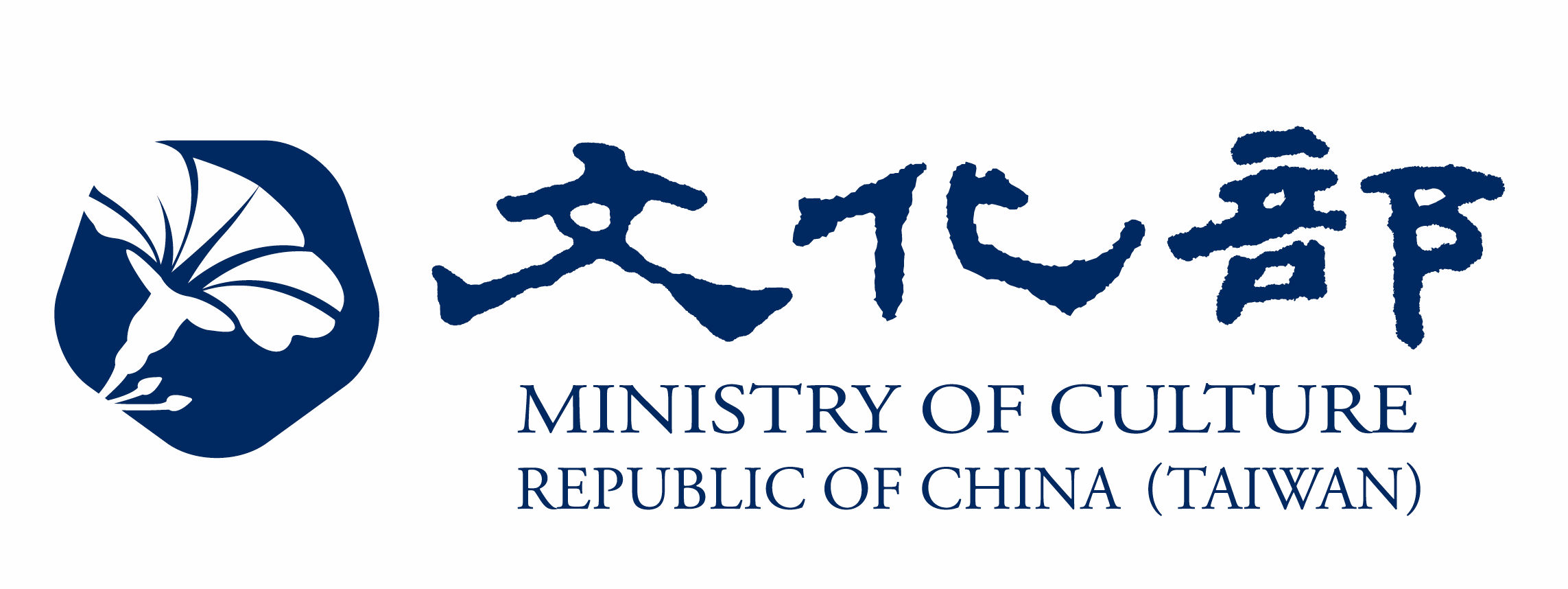We are pleased to present the first solo exhibition by Su Hui-Yu in the gallery.
From 1984 to 1987, one of the only three government TV channels in Taiwan, CTS, broadcasted “Space Warriors”, an outlandish sci-fi superhero series adapted from the Japanese series “Super Sentai” and “Gavan”. After a three-year run, CTS stopped broadcasting the series due to low ratings, unstable production quality, and bad reviews, as well as the rise of VHS and cable TV, which allowed for the original Japanese shows to be watched in Taiwan. “Space Warriors” was a tonkatsu, a Japanese genre that features live action wacky characters and colourful special effects, aimed mostly at children and teenage audiences. The series combined fantasy and folk tales with a nationalist undercurrent, with hints of Confucianism and chauvinism during the last years of Martial law in Taiwan.
In recent years, Su Hui-Yu has employed the approach of “re-shooting” as a method to create new works. The method consists of shooting new films based on old ones in order too review and reflect on history. Through this method, Su revisits past, unfinished, tabooed, and misunderstood figures, events, and things. In Space Warriors and the Digigrave, Su has applied the re-shooting method to revisit the collective memory of the sci-fi genre in Taiwan, and has created a series of works that conform this solo exhibition.
The film in the exhibition is comprised of two different versions, both on display. In the main space there is the more cinematic and discursive version, where we see a troop of alien characters who want to invade Earth and liberate humans from their capitalistic conception of linear time and the oppressive systems of labour, discipline, and warmongering for a libidinal way of being that prioritises queer sexual desire above all. The aliens, who belong to the “Makelove” species, travel the universe on the Digigrave, a spaceship that is shaped according to an AI reinterpretation of the Chiang Kai-shek Memorial Hall, a monument containing the tomb of the former dictator of Taiwan located in Taipei. These aliens, considered immoral and vicious, are fought by the Space Warriors, a group of human superheroes that seek to maintain the status quo of a labour-centred Earth. They ultimately defeat the aliens, saving the planet from a queer takeover and declaring “Work to die!”.
The other version, presented in the backspace of the gallery, is an immersive and experimental video that combines elements from the cinematic version with historical characters, AI-generated images, digital effects, and written language. The use of open-source Al tools like motion tracking, facial recognition and image generation reflect on contemporary biopolitical issues, whilst the inclusion of traditional film skills like film shooting, human performances and CG animation represent the classical logics of moving images. With this amalgam, Su seeks to speculate on the idea of reconciliation out of deep scars and current geopolitical quandaries around the nation-state, cultural identity, gender expression, moral, and political ideology. Space Warriors and the Digigrave has been exhibited in Europe at venues such as the Kunstsammlungen Chemnitz, the ARS Electronica in Linz, the Casino Luxembourg, and HEK (House of Electronic Arts) in Basel. And its newest version was just presented in the public project of Taipei DangDai Art fair, while its cinematic version went to The Golden Horse Fantastic Film Festival in Taiwan.
Accompanying the double film installation are a series of preparatory drawings and storyboards and a giclee print.
*
SU (Su Hui-Yu) explores the connection between mass media, pop culture, memories of martial law and the post-colonial history of Taiwan and East Asia. His “Re-shooting” series centers around Taiwanese and East Asian history, memory, re-imagination and transgression. His recent projects engage collective memories and ideologies while exploring the mechanism of oppression and liberation tied to Taiwan cultural values. He obtained an MFA from Taipei National University of the Arts in 2003, and has remained active in the contemporary art and film scenes ever since.
SU’s works have been exhibited at renowned exhibitions, festivals, and art institutes, including MOCA Taipei, Taipei Fine Arts Museum, Kaohsiung Museum of Fine Arts, Casino Luxembourg, Bangkok Arts and Culture Center, Kunsthalle Winterthur (Switzerland), San Jose Museum of Art (California, USA), Curitiba International Biennial of Contemporary Art (Brazil), 1646 Art Space (Den Haag, The Netherlands) and Power Station of Art (Shanghai, China), the International Film Festival Rotterdam, Taipei Golden Horse Film Festival, Singapore International Film Festival, the Videonale (Germany), PERFORMA (New York, USA), RISING (Melbourne). In 2017, International Film Festival Rotterdam dedicated a retrospective to SU’s video works, while his video work Super Taboo had its world premiere in the Tiger Awards Competition for Short Films. From the summer of 2023, Su’s new project The Space Warriors series has been exhibited at Hyundai ArtLab in Seoul as a finalist of the 5th VH Art Award, ARS Electronica in Linz, Kunstsammlungen am Theaterplatz in Germany, and Casino Luxembourg. The same year in May, Su’s biggest museum solo The Trio Hall was exhibited in MOCA Taipei, curated by Eugenio Viola. In 2025, The Trio Hall participated in the Forum section of the 75th Berlinale as a feature film (World premiere).
On May 27 he will be presenting his latest film The Trio Hall at Eye Filmmuseum, Amsterdam.
The exhibition is supported by the Ministry of Culture Taiwan.



